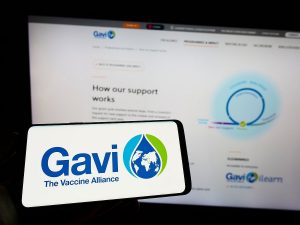Is an upcoming final exam or big-time job interview stressing you out?
Hug your honey.
That’s the takeaway from new research that showed how embracing your significant other can help calm women.
But sorry, guys, the same isn’t true for you, according to the study published May 18 in the journal PLOS ONE.
“As a woman, hugging your romantic partner can prevent the acute stress response of your body,” German researchers said in a journal news release.
Previous research has shown that massages, and combinations of embraces and hand-holding, as well as embraces and tender talk can ease stress in women. But there’s been little such research in men or into the effects of brief embraces alone.
Gesa Berretz of Ruhr University Bochum and her colleagues wanted to learn more.
So they subjected 76 people in couples to a stress-inducing test in which they were asked to keep one hand in an ice-water bath for three minutes.
Half of the couples embraced beforehand. The others did not.
Both before and after the experiment, researchers measured various indicators of stress, including levels of the stress hormone cortisol in participants’ saliva.
They found that women who had embraced their partner had a lower cortisol response to the stress test than women who did not embrace their partner. No such associations were found in men.
Embracing a romantic partner had no effect on other measures of stress such as blood pressure and emotional state, according to the findings.
The results suggest that hugging one’s lover might reduce the cortisol response in women about to face stressful situations, such as school exams or work presentations.
The researchers said further study could examine whether embracing platonic friends provides the same benefit, and whether the lack of close physical contact with others due to social restrictions imposed during the COVID pandemic may be associated with increases in stress and depression.
More information
The American Academy of Family Physicians offers advice on managing daily stress.
SOURCE: PLOS ONE, news release, May 18, 2022
Source: HealthDay
Copyright © 2025 HealthDay. All rights reserved.

















